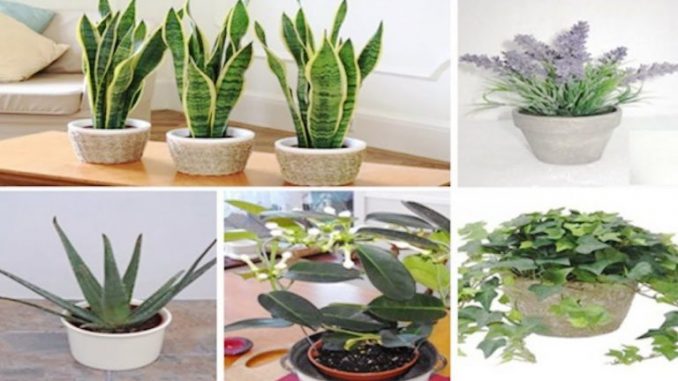
Aloe Vera plants in a florist’s window.
Unfortunately, numerous people nowadays suffer from sleep disturbances, night terrors, insomnia, or sleep apnea.
Sleep apnea is a serious sleep disorder that occurs when a person’s breathing is interrupted during sleep. People with untreated sleep apnea stop breathing repeatedly during their sleep, sometimes hundreds of times. This means the brain — and the rest of the body — may not get enough oxygen.There are two types of sleep apnea:Obstructive sleep apnea (OSA): The more common of the two forms of apnea, it is caused by a blockage of the airway, usually when the soft tissue in the back of the throat collapses during sleep.
Central sleep apnea: Unlike OSA, the airway is not blocked, but the brain fails to signal the muscles to breathe, due to instability in the respiratory control center.
Am I at Risk for Sleep Apnea?
Sleep apnea can affect anyone at any age, even children. Risk factors for sleep apnea include:
Being male
Being overweight
Being over age 40
Having a large neck size (17 inches or greater in men and 16 inches or greater in women)
Having large tonsils, a large tongue, or a small jaw bone
Having a family history of sleep apnea
Gastroesophageal reflux, or GERD
Nasal obstruction due to a deviated septum, allergies, or sinus problems
Yet, there is a simple and natural way to improve your sleep and finally get some rest! All you need to do is to place one of the following plants into your bedroom and enjoy the calm and relaxing atmosphere:
Snake Plant
The snake plant releases more oxygen during the night, even more than during the day, so it efficiently improves the quality of air and helps you to breathe easily.
Lavender
The relaxing properties of lavender have been used for centuries, as it effectively relieves anxiety and stress. It also slows the heart rate and provides a calm atmosphere in the bedroom, perfect for rest and sleep!
English Ivy
The English ivy is one of the easiest plants to grow and it greatly enhances the air quality. It absorbs the toxins from the air and releases oxygen and aids breathing. Furthermore, it reduces airborne mold by up to 94%.
Aloe Vera
During the night, the aloe Vera plant will provide a ton of oxygen, which will help insomnia and provide the needed peace to fall asleep.
